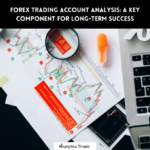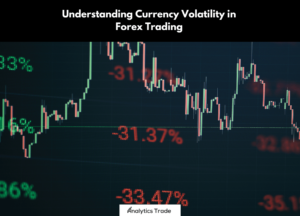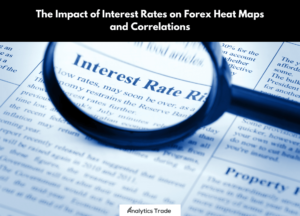What is High-Frequency Trading?
High-frequency trading (HFT) is a form of algorithmic trading that uses computer algorithms to rapidly trade stocks, futures, options, and other financial instruments aka trading tools. HFT is used by large institutional investors, such as hedge funds and investment banks, to take advantage of small price discrepancies in the market. HFT is often used to capitalize on short-term price movements, and is typically conducted on a very short-term basis.
The Pros of High-Frequency Trading
High-frequency trading has several advantages for traders. First, it allows traders to take advantage of small price discrepancies in the online market. By using algorithms to rapidly trade stocks, futures, options, and other financial instruments, traders can capitalize on small price movements that would otherwise be too small to take advantage of.
Second, high-frequency trading allows traders to take advantage of market volatility. By rapidly trading stocks, futures, options, and other financial instruments, traders can capitalize on short-term price movements that would otherwise be too small to take advantage of.
Third, high-frequency trading allows traders to take advantage of arbitrage opportunities. By rapidly trading stocks, futures, options, and other financial instruments, traders can capitalize on small price discrepancies between different trading markets.
The Cons of High-Frequency Trading
High-frequency trading also has several drawbacks. First, it can be difficult to monitor and control the algorithms used in high-frequency trading. If the algorithms are not properly monitored and controlled, they can lead to losses. Second, high-frequency trading can be risky. By rapidly trading stocks, futures, options, and other financial instruments, traders can quickly lose money if the market moves against them. Third, high-frequency trading can be expensive. By rapidly trading stocks, futures, options, and other financial instruments, traders can incur high transaction costs.
The Pros and Cons of High-Frequency Trading for Different Trade Durations
Short-Term Trading
For Forex traders looking to take advantage of short-term price movements, high-frequency trading can be a great option. By rapidly trading stocks, futures, options, and other financial instruments, traders can capitalize on small price movements that would otherwise be too small to take advantage of. However, high-frequency trading can be risky, and traders should be aware of the potential losses that can occur.
Medium-Term Trading
For traders looking to take advantage of medium-term price movements, high-frequency trading can be a good option. By rapidly trading stocks, futures, options, and other financial instruments, traders can capitalize on small price discrepancies between different markets. However, high-frequency trading can be expensive, and traders should be aware of the potential transaction costs that can occur.
Long-Term Trading
For traders looking to take advantage of long-term price movements, high-frequency trading may not be the best option. By rapidly trading stocks, futures, options, and other financial instruments, traders can quickly lose money if the market moves against them. Therefore, traders should be aware of the risks associated with high-frequency trading before engaging in it.
Conclusion
The Pros and Cons of High-Frequency Trading for Different Trade Durations
| Trade Duration | Pros of High-Frequency Trading | Cons of High-Frequency Trading |
|---|---|---|
| Short-term (intraday) |
|
|
| Medium-term (days to weeks) |
|
|
| Long-term (months to years) |
|
|
High-frequency trading can be a great option for traders looking to take advantage of short-term price movements. However, it can also be risky and expensive, and traders should be aware of the potential losses and transaction costs that can occur. Ultimately, traders should consider their own risk tolerance and trading goals before engaging in high-frequency trading.
Personal Opinion
High-frequency trading can be a great way to capitalize on short-term price movements, but it is important to understand the risks associated with it. As a trader, it is important to understand your own risk tolerance and trading goals before engaging in high-frequency trading. Additionally, it is important to understand the potential losses and transaction costs that can occur. Ultimately, high-frequency trading can be a great option for traders looking to take advantage of short-term price movements, but it is important to understand the risks associated with it.










Comments